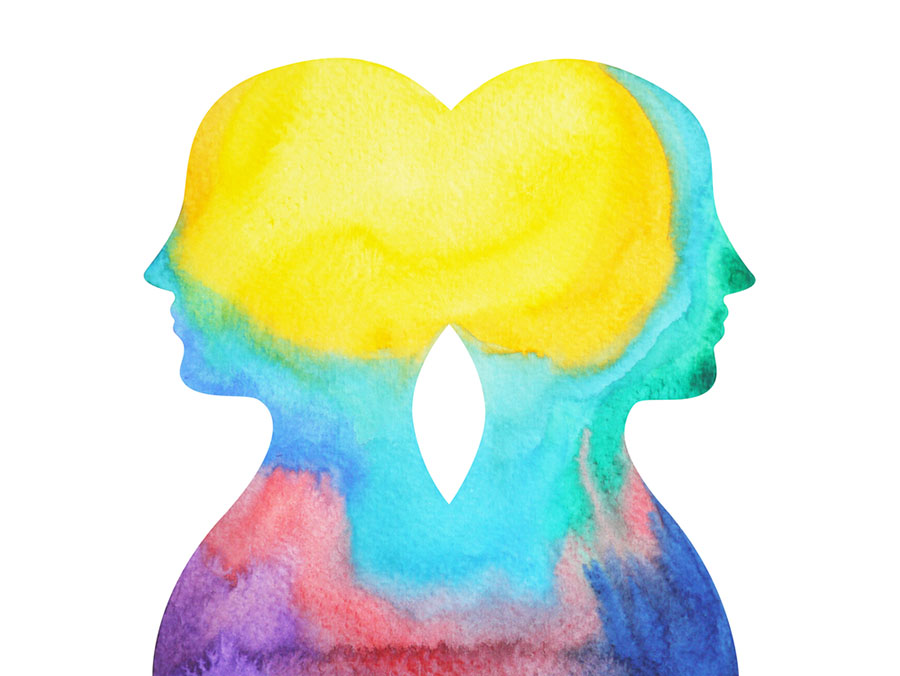Psychological Trauma
I’ve often heard this very question from my patients. The answer is it depends. If the goal of therapy is simply to reduce symptoms then the focus might be on tools and strategies to help regulate the nervous system, promote self-soothing and increase the ability to tolerate a variety of emotions. This is important work and can bring much needed relief to patients. However, to facilitate long lasting changes in our “working model” of patterns of responses that are encoded in our brains and nervous system, we often must explore our earliest relationships that are the basis of how we will experience all other relationships.
Our working model of how we view the world, ourselves and others is formed through our earliest interactions with our environment, starting in utero. The developing fetus and later infant is influenced by environmental stimuli that will determine the way in which both biological and psychological growth unfolds. The stimuli in utero may include maternal stress and other epigenetic factors such as introducing drugs like cocaine or fumes during this important developmental stage. The internal working model formed through our interactions is based on the dynamics between parent-child or between child and other significant caregivers. Were the interactions kind, loving, tough, perfectionistic, filled with anxiety? These all color how we internalize how interactions “work” between self and other. These mechanisms then create automatic often unconscious physiological and emotional patterns that may be causing distress in our current life.
Psychotherapy
Working in the present moment, one goal of psychotherapy is to bring to light some of these unconscious patterns of interactions. There must be a trusting authentic relationship between the therapist and the client in order to allow extremely uncomfortable affect to be seen. Creating this trust takes time and a willingness in both the client and the therapist to experience emotions and behaviors that can sometimes seem frightening or overwhelming. It is only when these feeling states can be shared and held by both therapist and client that a corrective emotional experience can begin to emerge. Just as an infant’s sense of self is influenced by the mother infant dyad, the healing of the self takes place in relationship to another human being. A secure sense of self can be developed in an attuned secure attachment to another being at any stage of life.
So yes, childhood experiences matter. Through exploration together we can begin to learn about our working model patterns of affect, defenses, and views. Working together we can begin to create new experiences allowing new possibilities and new ways of being. Working in this way takes time and courage. Allowing ourselves to explore with a witness the parts of ourselves that were too painful to see, let alone share with another, is no easy task. For those who dare the rewards can be great. The evolving experience of who we are and how we see the world can be transformational! For more information on psychological trauma contact Trauma and Beyond Center at (818) 651-0725.
Do We Really Need to Talk About My Childhood?
Dr. Lynne Friedman-Gell and Dr. Joanne Barron


